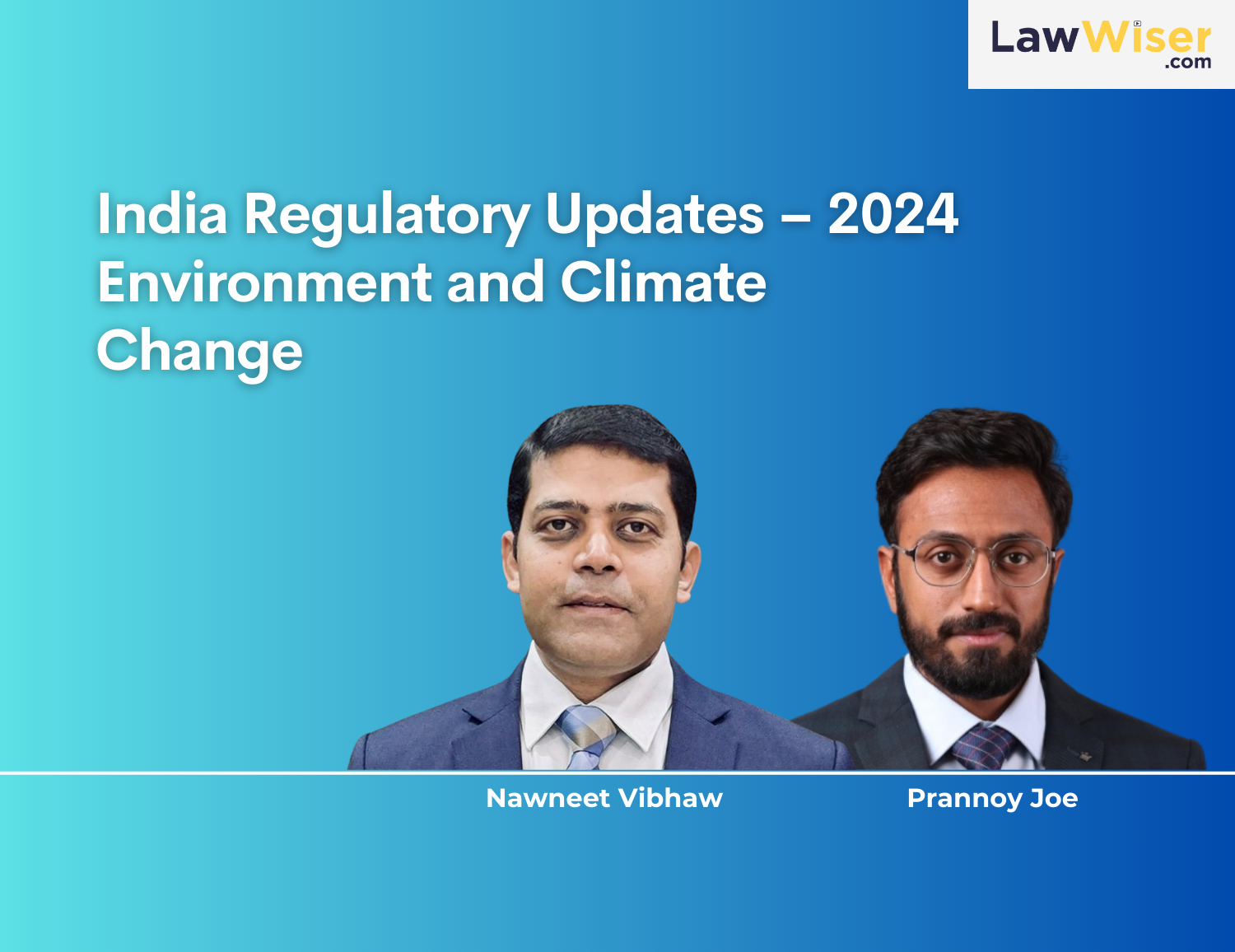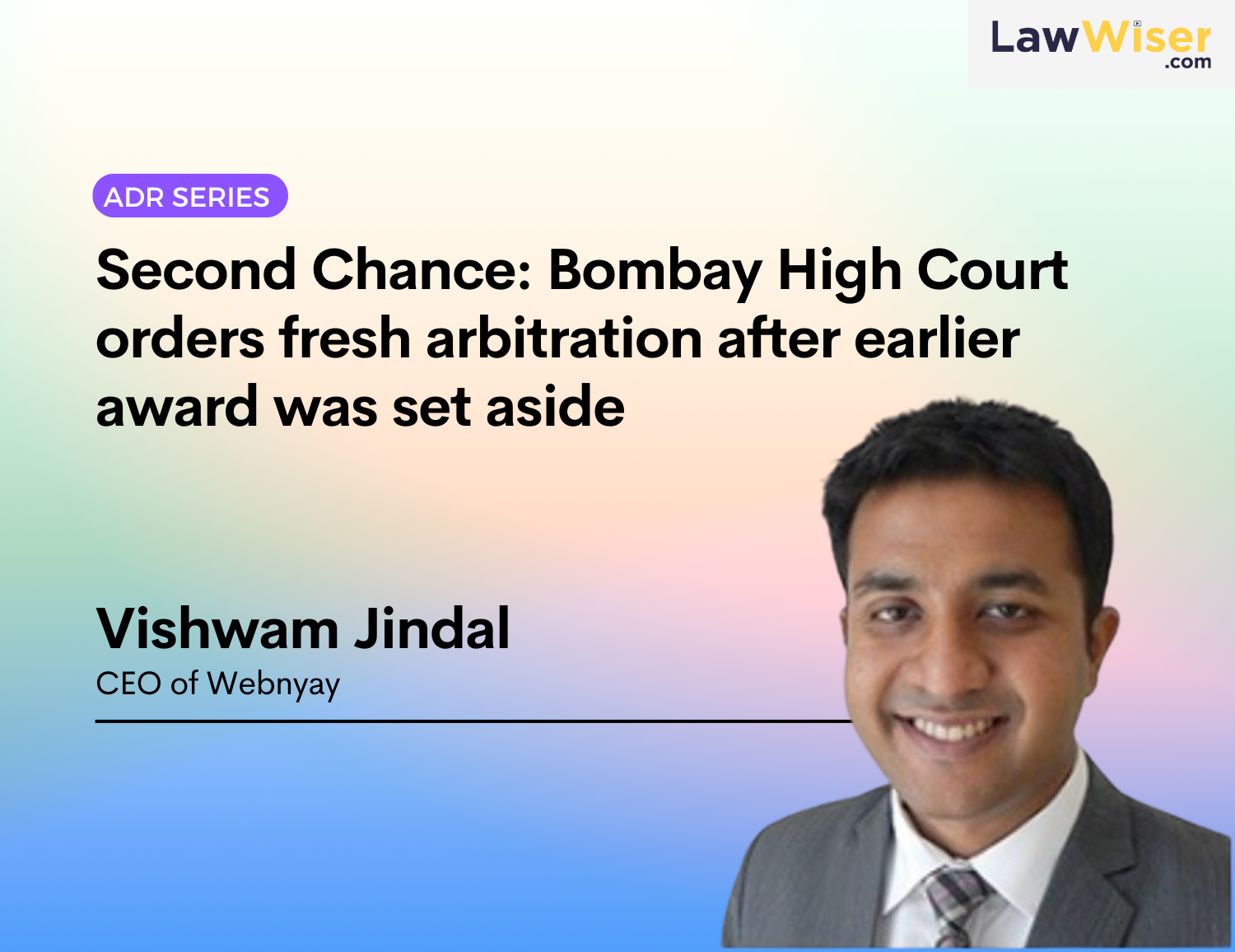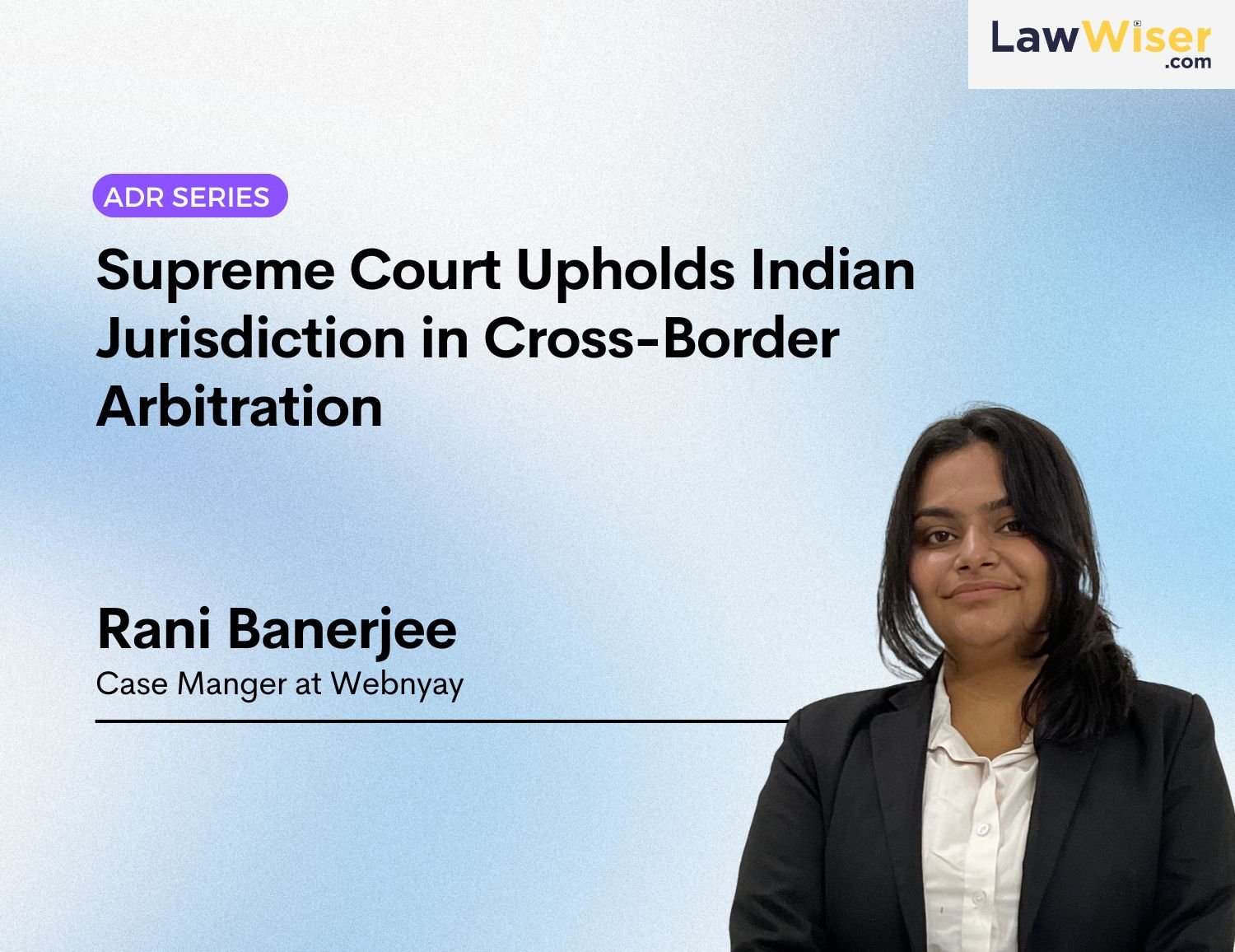In a recent Bombay High Court decision in R.B. Krishnani v. M/s STEM Water Distribution and Infrastructure Co. Pvt. Ltd. (21 April 2025), the Bombay High Court upheld an arbitral award rendered by an arbitrator who was the Managing Director of the Respondent company. The Division Bench’s reasoning hinges on the proviso to Section 12(5) of the Arbitration and Conciliation Act, which allows parties to waive an arbitrator’s ineligibility through “express agreement in writing” after disputes arise. The Court found that the Respondent’s written correspondence and affidavit constituted such a waiver, echoing CORE‘s emphasis that “parties must consciously abandon their existing legal right through an express agreement“.
This case reinforces CORE‘s recognition that “an objection to the bias of an adjudicator can be waived” and that the proviso to Section 12(5) “secures real and genuine party autonomy“. The Bombay High Court’s decision represents a practical application of the Supreme Court’s guidance on balancing independence requirements with party autonomy in arbitration proceedings.
Facts
- The appellant (contractor) and respondent (company) entered into an agreement on 30 October 2013 for water supply works.
- Disputes arose regarding extra work ordered by the respondent, leading the appellant to invoke arbitration as per Clause 17(b) of the contract, which designated the “Member Secretary STEM” as the sole arbitrator.
- The post of Member Secretary had, by the time of dispute, become the Managing Director; Col. Vivekanand Choudhary (Retd.) held both posts.
- The appellant initially filed a Section 11 application before the High Court but withdrew it to comply with procedural requirements.
- Subsequently, both parties, through written correspondence and affidavits (notably the respondent’s letter dated 22 July 2019 and affidavit of its Company Secretary), expressly agreed to appoint Col. Choudhary as sole arbitrator.
- The arbitrator entered reference, made disclosures, and conducted proceedings with both parties participating. The arbitrator’s mandate was extended by the High Court upon the appellant’s application.
- The arbitrator delivered an award on 29 September 2020.
- The respondent challenged the award under Section 34, arguing that the arbitrator was ineligible under Section 12(5) and Seventh Schedule, and that there was no express written waiver post-dispute as required by the proviso.
- The Commercial Court set aside the award on these grounds.
Issues of Law
- Whether the appointment of the Managing Director of the respondent company as sole arbitrator, by consent of the parties after disputes had arisen, is rendered invalid by Section 12(5) of the Arbitration Act and the Seventh Schedule, in the absence of an “express agreement in writing” waiving such ineligibility.
- Whether the parties’ correspondence and conduct amounted to an “express agreement in writing” under the proviso to Section 12(5) of the Arbitration Act.
- Whether the respondent, having participated in the proceedings and consented to the appointment, could subsequently challenge the arbitrator’s eligibility under Section 34.
Submissions of Parties
Appellant’s Submissions:
- The appointment was by express written agreement after the dispute arose, evidenced by the respondent’s letter and affidavit, satisfying the proviso to Section 12(5).
- The respondent’s conduct amounted to waiver and estoppel; objections were not raised during arbitration or before the extension of the arbitrator’s mandate.
- The Appellant relied upon:
- Bharat Broadband Network Ltd. v. United Telecom Ltd. (2019) 5 SCC 755 (on waiver by express agreement)
- Mcleod Russel India v. Aditya Birla Finance Ltd. (2023 SCC OnLine Cal 330)
- SBI Global Factors Ltd. v. Prity Tubes Pvt. Ltd. (2022 SCC OnLine Bom 11444)
- Himalayan Construction Co. v. Executive Engineer, Irrigation Division, J&K (2001) 9 SCC 359 (arbitrator by designation continues after retirement)
- Laxmi Continental Construction Co. v. State of UP (2021) 13 SCC 142
- Solaris Developers Pvt. Ltd. v. State Bank of India Supervising Staff Bhagyashree Co-op Housing Society Ltd. (Arb. Pet. (L) No. 1359 of 2024)
- Alpine Housing Development Corp. v. Ashok S. Dhariwal (on scope of Section 34 proceedings)
Respondent’s Submissions
- The arbitrator was per se ineligible under Section 12(5) and Seventh Schedule. There was no valid Board approval for appointment and the consent letter was unauthorized.
- The arbitrator himself expressed unwillingness to continue.
- Unilateral appointment is illegal, with reliance upon:
- Perkins Eastman Architects DPC v. HSCC (India) Ltd. (2020) 20 SCC 760
- Bharat Broadband Network Ltd. v. United Telecoms Ltd. (2019) 5 SCC 755
- Central Organisation for Railway Electrification v. ECI SPIC SMO MCML (JV) (2024 SCC OnLine SC 3219)
Decision by the Court
- Express Waiver Satisfied: The High Court held that the parties’ written correspondence and affidavits, specifically the respondent’s letter dated 22 July 2019 and the affidavit of its Company Secretary, constituted an “express agreement in writing” waiving the ineligibility under Section 12(5), as required by the proviso. The Court emphasized that the proviso requires an express, not implied, agreement, and the facts here satisfied that standard.
- Participation and Acquiescence: The respondent’s active participation in the proceedings, including not objecting to the arbitrator’s mandate extension and not invoking Section 14 or 16 during the arbitration, amounted to acquiescence and waiver of the right to object. The Court relied on the doctrine of estoppel and Section 4 of the Arbitration Act.
- Precedent and Party Autonomy: The Court cited Bharat Broadband and Central Organisation for Railway Electrification, and other Supreme Court decisions to reaffirm that party autonomy allows express waiver of ineligibility post the dispute. The Court distinguished between waiver by conduct (Section 4) and the requirement of express written waiver (proviso to Section 12(5)), finding the latter satisfied.
- Additional Evidence in Section 34 Proceedings: The Court criticized the Commercial Court for allowing additional evidence at the Section 34 stage, reiterating that such proceedings are summary and ordinarily confined to the arbitral record (with reference to Alpine Housing).
The Division Bench of the High Court quashed the Commercial Court’s order, upheld the arbitral award, and allowed the appeal. The Court found no merit in the respondent’s challenge, holding that the parties had consciously and expressly waived the ineligibility of the arbitrator, and the respondent could not challenge the award on this ground after full participation.
A copy of the decision can be downloaded here.
This article is authored by Vishwam Jindal, CEO of Webnyay. Webnyay is India’s leading Generative AI startup for lawyers and Courts as well as the most trusted Online Dispute Resolution (ODR) Institution in India. Webnyay’s Docs is frequently used for ebundles and document management in arbitrations.



 May 28, 2025
May 28, 2025








 September 2, 2025
September 2, 2025 0 COMMENTS
0 COMMENTS

